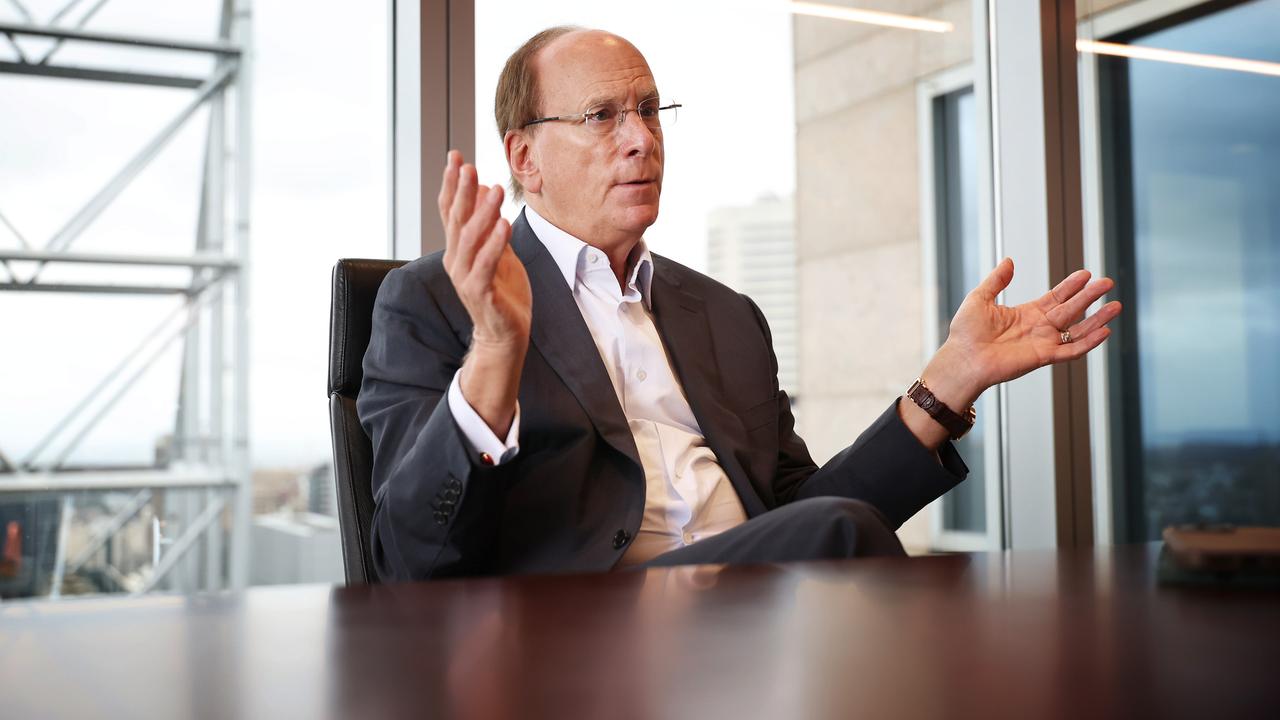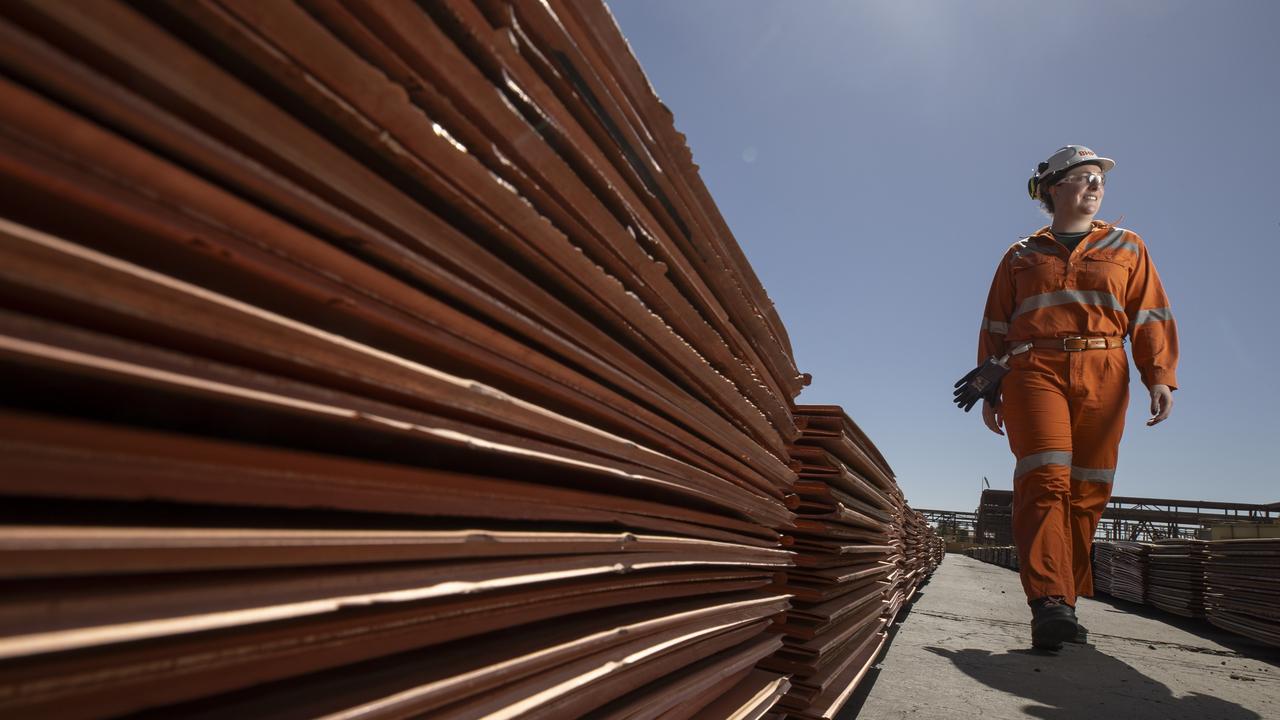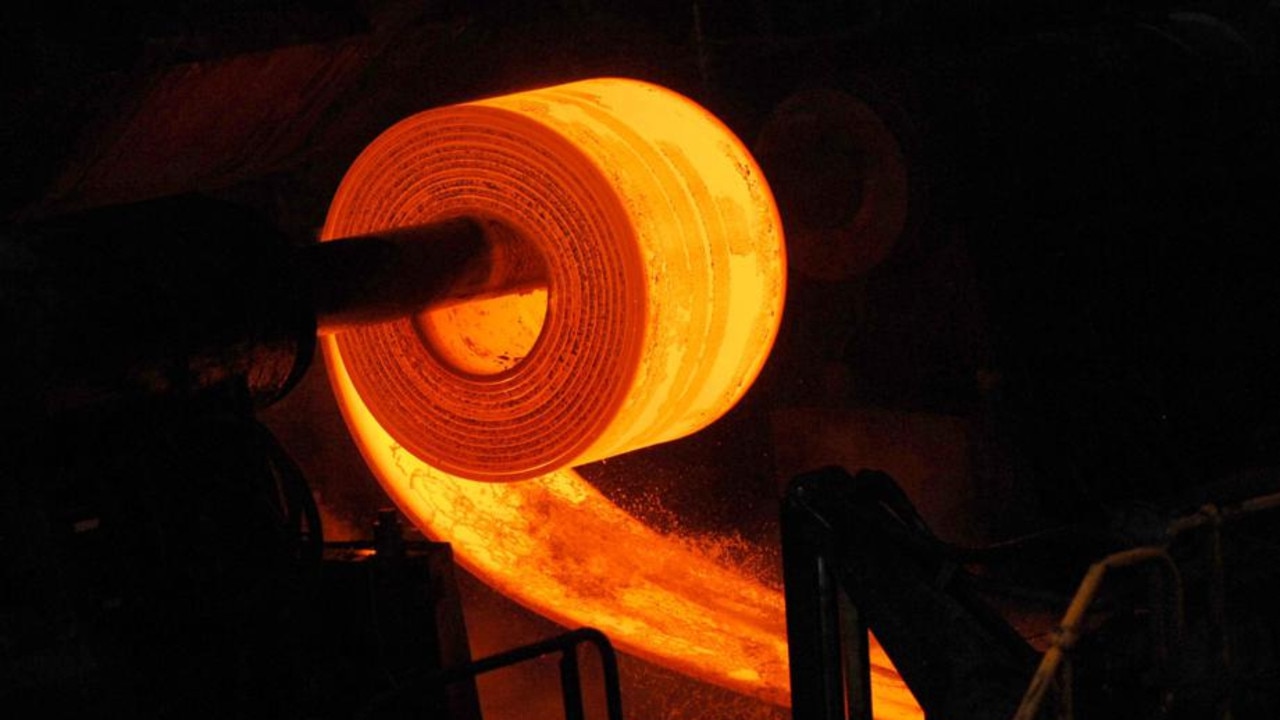Move may turn back clock on 100% FIFO
It's been a long fight but mining towns could be about to get a win

Business
Don't miss out on the headlines from Business. Followed categories will be added to My News.
MINING towns could be about to chalk up their first win after years of battling mining giant BHP's plans to export their resources without employing a single local.
After a six year battle, a Bill that would put an end to 100% fly-in, fly-out workforces and give workers a choice about where they live has been tabled for debate in State Parliament.
The proposed legislation would change how BHP fills its 950 positions at its 100% FIFO Caval Ridge and Daunia mines and set a work practices precedent for all mining and construction companies in Queensland.
Under the changes, mining companies wouldn't be able to discriminate against workers because of where they live and would be punished by a more powerful Co-ordinator-General if they were caught not hiring or firing someone because of where they lived.
>>No end in sight for Oaky Creek strike
>>Miner 'forced to live in workers camp' minutes from family
The move comes two years after the State Government launched an inquiry into FIFO practices. Inquiry committee chair and Member for Mirani Jim Pearce welcomed its appearance on the parliamentary agenda on August 8.
Mr Pearce believes the Strong and Sustainable Resources Community Bill will be adopted and he is under the impression it has bi-partisan support in Parliament.
If adopted, it would be a complete backflip by the State Government on 100% FIFO workforces, something the mining town of Moranbah lived through.
In 2010, Moranbah gathered as one against BHP Mitsubishi Alliance's application to turn its Caval Ridge Mine from 70% FIFO to 100% FIFO.
It resulted in the largest community meeting held in the mining town, attended by more than 400 people. A petition organised by The Daily Mercury had 4371 signatures.

But those cries fell on deaf ears as the Co-ordinator-General's approval required BMA to have 80% of its workforce "across all operations" residing in the region, opening the door for 100% FIFO at Caval Ridge and later, down the track, at Daunia Mine.
The decision was seen as a "slap in the face" by some in the community, the Daily Mercury reported on its front page on September 3, 2011.
Isaac Regional Council Mayor Anne Baker was a councillor then. Last Friday she said communities wouldn't have a chance to grow unless the decision was reversed and workers were given a choice.
"The whole purpose of this eight to 10 year advocacy is to allow individuals to make their own living decisions," she said.
Without this legislation the 100% FIFO practices were unfair and meant people didn't have a choice to stay in mining towns if they wanted to, Cr Baker said.
A BHP spokesperson said the company understood there was a view that 100% FIFO models should not be entertained in the future and was happy to support that view.
"But the retrospective obligations proposed in the Bill are inconsistent and incompatible with the investment we made when designing our two youngest mines," the spokesperson said. "Those operations were designed at a time when the necessary labour was not available locally, and we worked with the State Government to agree on an alternate way to create growth in the state. This path required substantial additional investment while creating strong royalty streams for Queensland."
BMA employs over 10,500 people in central Queensland, with 92% of them working at residential mines and living locally.
Originally published as Move may turn back clock on 100% FIFO






